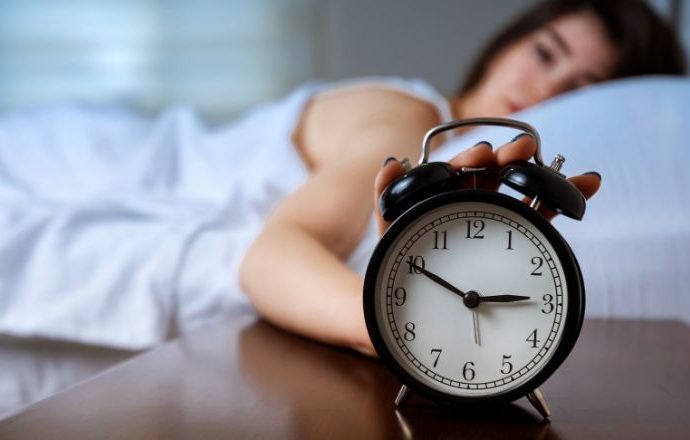What are Sleeping Pills?
Sleeping pills treat insomnia by making you feel relaxed and drowsy. Sleep aids natural ones like melatonin and can cause side effects. Sleeping pills help you catch some sleep. You will feel sleepy or confused during the day. Some people eat or walk in their sleep called Parasomnia. Nondrug therapies like cognitive behavioral therapy are better at improving sleep. People who have sleep disorders like insomnia may take these medications to help them fall asleep. If you are prone to waking up in the middle of the night, these sleeping medicines can also help you stay asleep.
How Do Sleeping Pills Work?
Sleeping pills are caused by blocking histamine, an organic nitrogenous compound. They are stronger in their mechanism of action and are used to treat chronic insomnia. It affects the GABA receptors in the brain, inducing a kind of relaxing drowsiness that causes sleep. It directly impacts the circadian rhythm of the body which is simply known as the natural body clock by working on the hypothalamus.
How to safely use sleeping pills?
Sleeping pills are meant for you to take before a full night of sleep to lessen the risk of excessive grogginess the next day. If it is used incorrectly or by a high-risk group can be extremely dangerous. People over age 65 are more sensitive to side effects from benzodiazepines that can impair mobility, cognition, and driving skills as well as increase the risk of falls in people over age 65. If you are older the physician may prescribe a lower dose or suggest a drug with a shorter half-life to reduce your risk.
How Long Do Sleeping Pills Stay In Your System?
Sleeping pills, such as Lypin, are commonly prescribed to treat insomnia. Which usually starts to take effect after 30 minutes and reaches its full strength 1-2.5 hours later. According to American Addiction Centers, low doses of sleeping pills can be traced in urine for 24-48 hours and up to 6-20 hours in the bloodstream. However, higher doses may stay detectable for longer periods, with up to 72 hours in urine and 48 hours in the blood.
What are the potential risks of sleeping pills?
When you take sleeping pills night after night, your body may start to depend on them. When you stop sleeping pills, your insomnia may come back worse than before. This side effect is called insomnia. If you are taking sleeping pills for a long time then talk to your healthcare provider about how to stop safely. Never mix sleep aids with other sedatives or alcohol. Benzodiazepines can be addictive and lead to substance abuse. To reduce risk, doctors prescribe these sleeping pills for short-term use.
Warning of sleeping pills
Sleeping pills can increase the risk of abnormal sleeping behaviors like sleepwalking. Alcohol can also make you feel sleepy when combined with a sleeping pill, and that sedating effect is enhanced. It depresses the central nervous system, slowing down your heart rate and respiratory system, and making it more difficult to breathe.
Commonly Prescribed Sleeping Pills
There are several types of sleeping pill prescriptions that can be given to you based on your condition.
Benzodiazepines: This medicine stays in your body for a long time. They can be very addictive and patients tend to grow a dependency on them.
Zolpidem: It enables you to fall asleep quicker and also sleeps longer.
Suvorexant: This pill blocks the hormone that promotes wakefulness and is helpful to people who suffer from insomnia.
Lemborexant: It works by suppressing a part of the central nervous system but it may leave you feeling sleepy the next day.
Antidepressants: When a patient suffers from depression, the doctor may prescribe antidepressants. It may help in combating insomnia, even on lower doses. These antidepressant pills could also work for patients with insomnia, depression, and anxiety.











